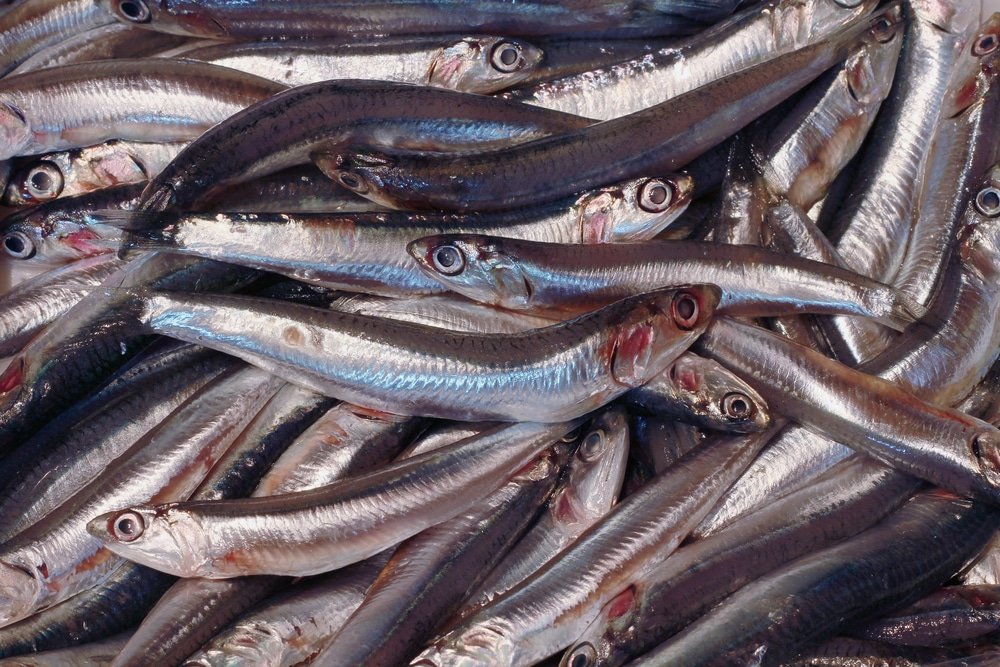Over 700 identified muscle make up the muscular system in the human body. They are responsible for the movement of body parts. Muscles are attached to the bone structure of the human skeleton. Each muscle is manufactured with nerves, tendons, blood vessels and skeletal muscle tissue. Muscle tissue is an important constituent of the heart, the digestive system and blood vessels in the body.
Types of Body Muscle You Need to Build
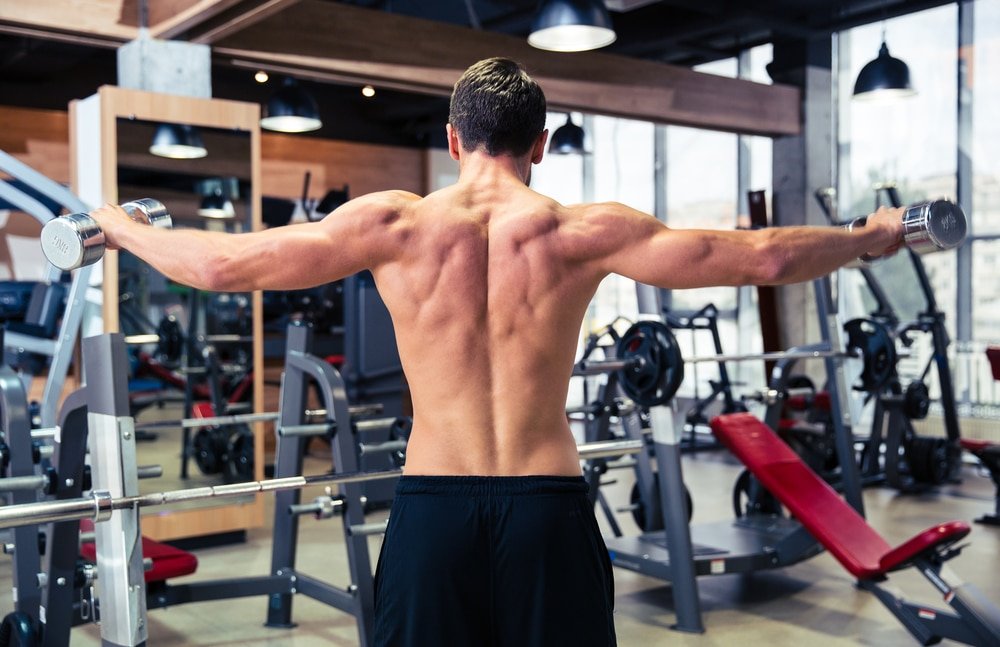
1. Visceral Muscle
This muscle is controlled by the unconscious part of the brain and is commonly referred to as “The involuntary muscle.” It makes up the digestive system and is found in intestines and related blood vessels. Its purpose is to contract and ease the movement of food through the digestion process. The visceral muscle appears uniform and smooth when seen under a microscope. Its appearance is a contrast to the appearance of cardiac and skeletal muscles.
2. Cardiac Muscle
It is also an involuntary muscle which makes up the cardiovascular system. It acts as a natural pacemaker for the heart and controls the contractions of muscle cells. It is a self-stimulating auto rhythmic muscle. When this muscle is viewed under a microscope, it gives off the appearance of light and dark stripes. These striations are an indication of the strength of this muscle. The cells that make up this muscle are branched in X or Y shapes. These cells are linked through intercalated disks which work in unison with these cells to control the pressure of blood flow.
3. Skeletal Muscle
The skeletal muscle, as the name suggests is closely attached to the bone structure. It is the only “voluntary” muscle in the body. It is consciously used by the brain to signal to move, smile, run, etc. Skeletal muscle cells are coagulation of progenitor cell-lumps. Skeletal muscles are also striated just like cardiac muscles and just as strong.
17 Superfoods for Muscle Building
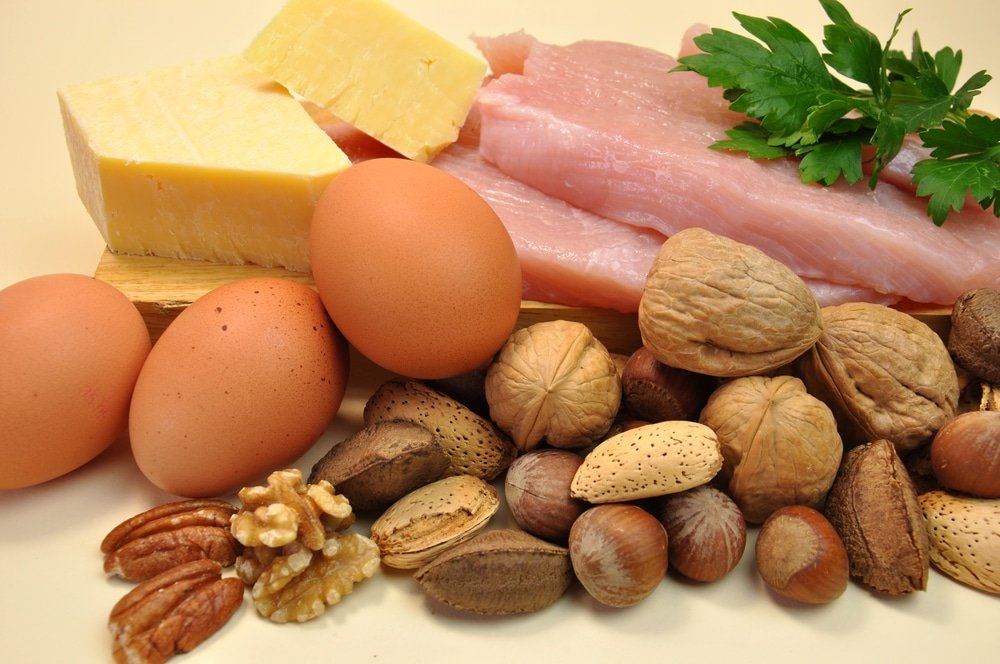
The human body is in the constant process of repairing and building muscle tissue. This is because our daily activities can cause wear and tear to these muscles. It is impossible for the body to function without constant muscle-building and to continue this, it requires nutrients. This article aims to study foods that can aid the muscle building process in the human body.
1. Fish Oil
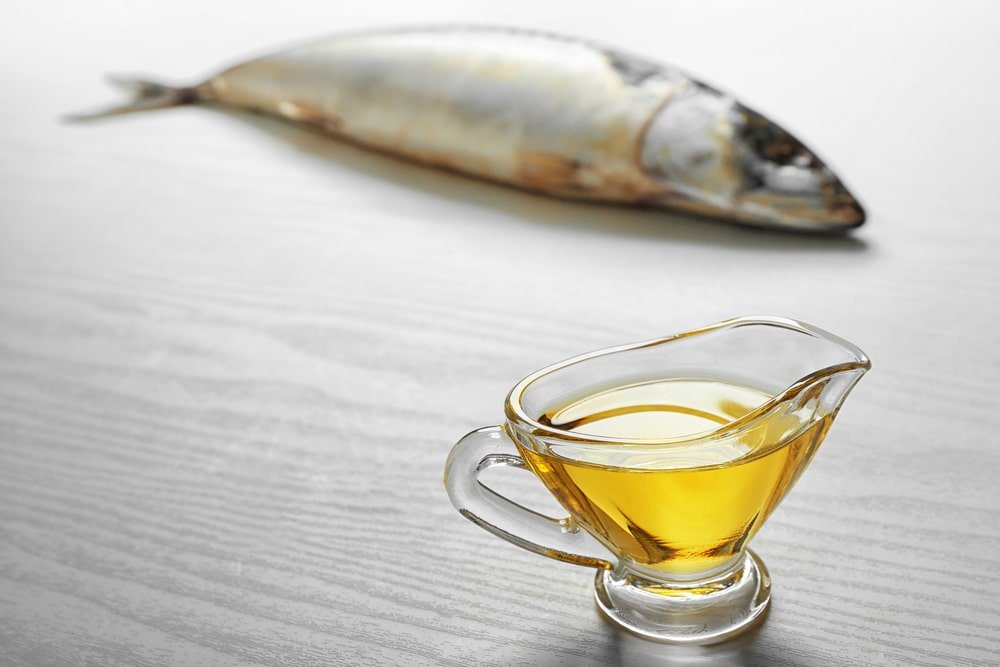
Fish oils contain fatty acids that aid the body in continuing the metabolic process. It is anti-inflammatory and repairs muscles near the joints. The best possible source is fish oil supplements. They are better at fulfilling the daily recommended value than fatty fish.
2. Whole Eggs

Eggs are an important constituent of a healthy diet. This is because they are a complete source of proteins, vitamins, and iron. They contain all the ingredients that the body needs for muscle building.
3. Wild Salmon
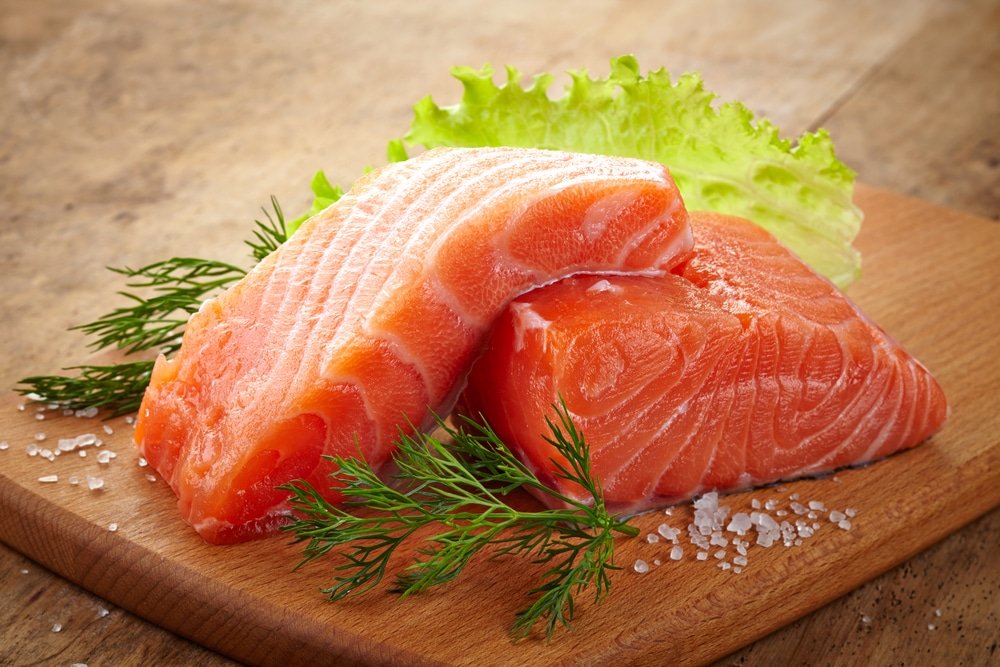
Not only is it delicious but also a treasure-cove of healthy fats and nutrients. You are going to be eating about 20 grams of protein per 100-gram serving. Protein is required by the body to keep up the metabolic process. Wild salmon is also an excellent source of omega three fatty acids. Farm raised salmon is delicious by deficient in omega 3.
4. Yogurt

Yogurt is indeed a superfood, besides being a probiotic it also helps build muscles. Plain low-fat yogurt can be an ideal snack to add to your diet. Yogurt contains healthy fats and bacteria that are essential for many functions in the body.
5. Berries

Berries are rich in antioxidants that are needed by the body to repair any oxidative damage caused by free radicals. They are also rich in dietary fiber and minerals that aid the body in the prevention of cancer and other chronic diseases.
6. Flax Seeds
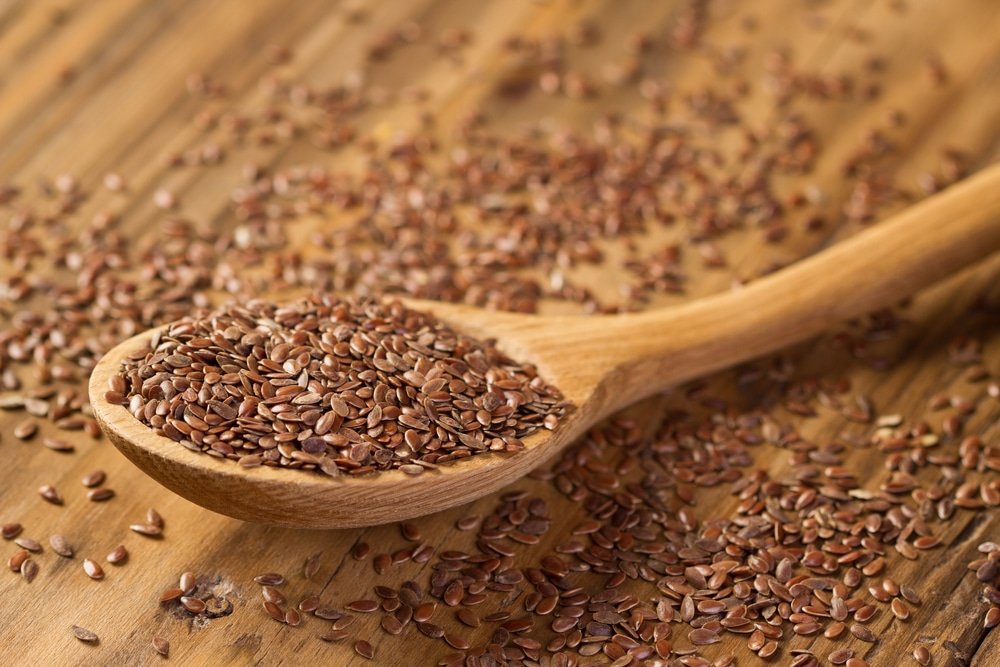
Flax seeds provide an excellent combination of protein and fiber to the body. Flax oil is not an alternative to flax seeds. Incorporate at least a tablespoon of flax seeds into your daily diet
7. Mixed Nuts
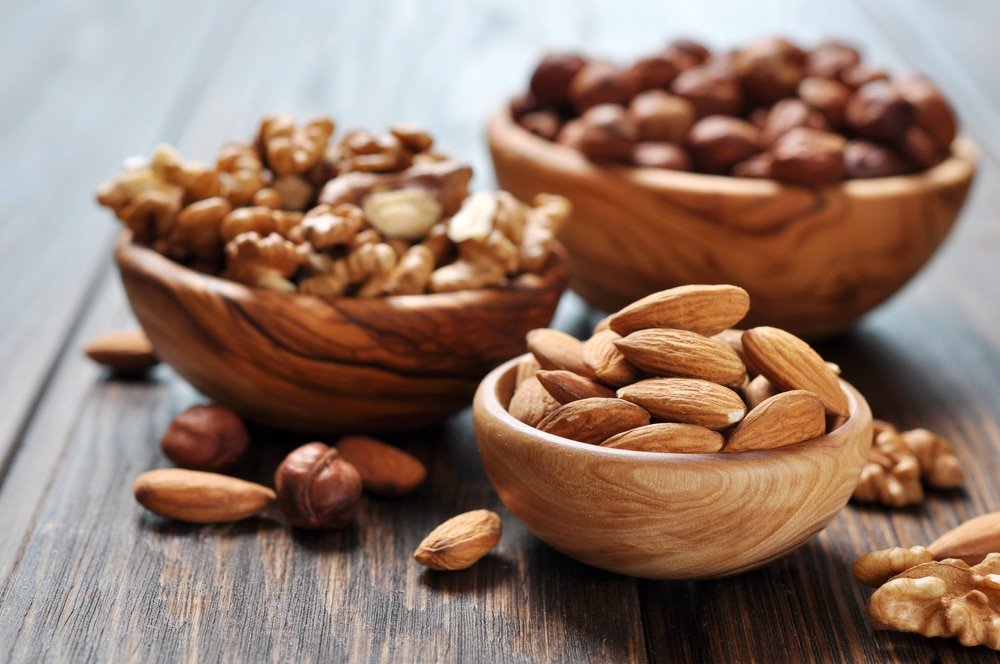
A handful of nuts every day after a workout session are an ideal snack. Nuts contain protein and fats that are essential for the repair of muscles.
8. Extra Virgin Olive Oil

Olive oil is rich in good fats. It contains monosaturated fats that prevent heart disease. Extra virgin oil olive is rich in polyphenols. Add it to your salads or drizzle it on top of your hummus to get the benefits.
9. Broccoli

Broccoli is a great source of dietary fiber and is low in calories. To build more muscle the body needs to lose fat and replace it. Vegetables like broccoli reduce body fat to make muscle building possible.
10. Spinach

Spinach is a good source iron, copper, zinc and other minerals that increase red blood cell count in the body. This, in turn, fuels the body to manage muscle building.
11. Turkey
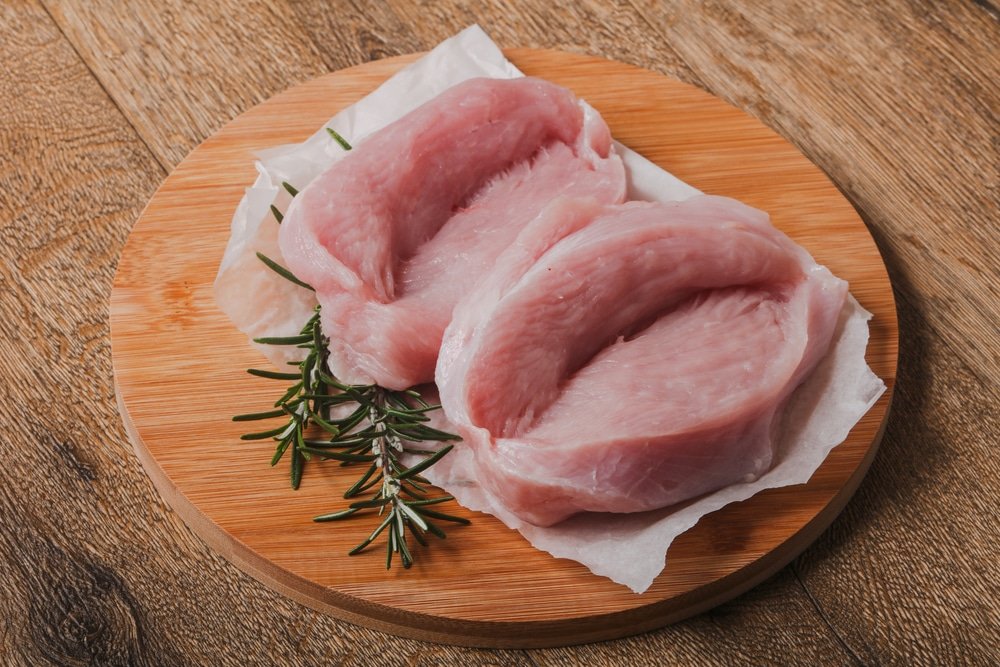
The king of lean protein, turkey, is excellent for a muscle building diet. It does two things for you, first provides protein and secondly reduces fat intake.
12. Quinoa
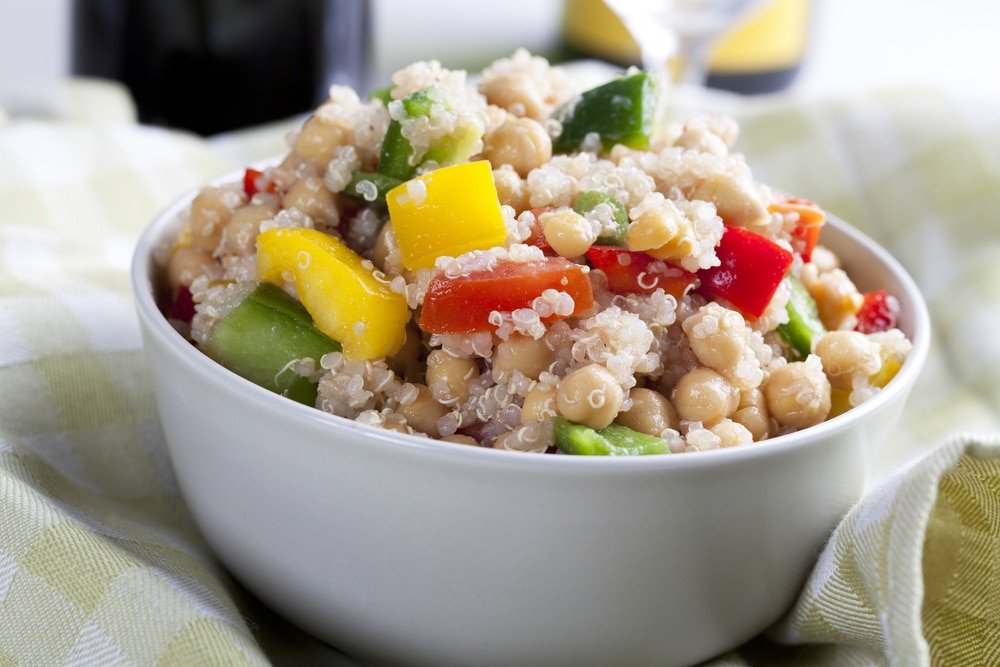
Quinoa is full of fiber and protein. It is also a gluten-free gain which can be very helpful for people with celiac disease trying to gain some muscles
13. Oats

Oats add dietary fiber to the diet which is essential o keep the stomach muscles working properly and staying healthy.
14. Red Meats

Red meat is an excellent source of protein and minerals. Meat contains vitamin B12 and trace minerals which are essential for the daily repair of muscles.
15. Cottage Cheese
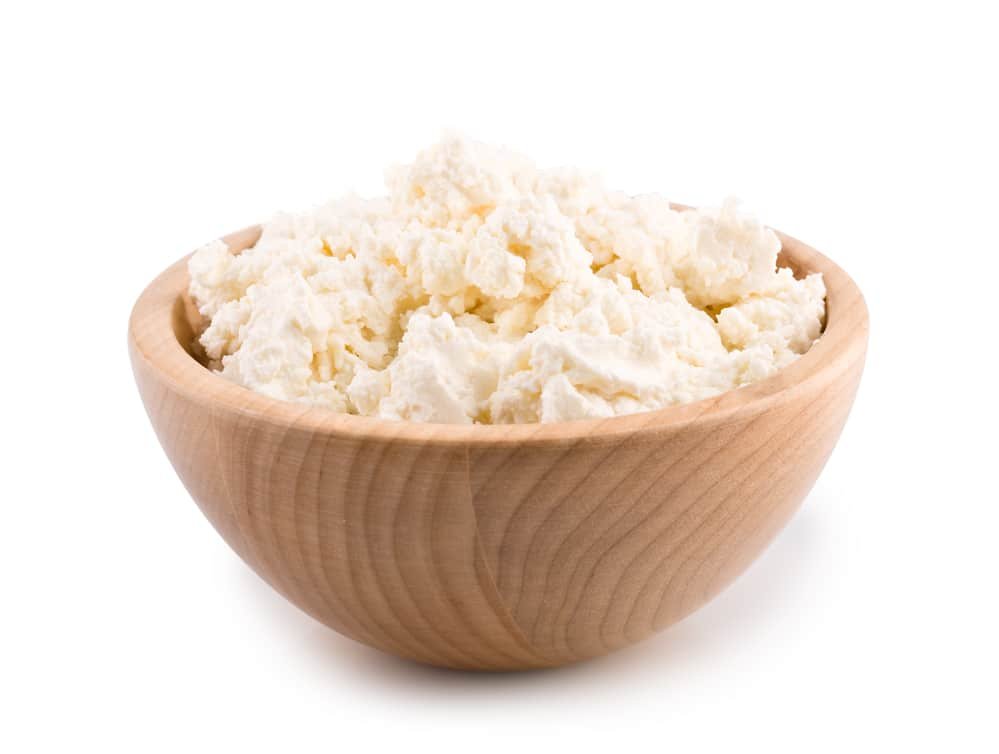
Cottage cheese is another excellent source of protein and fats. It contains casein, which a protein that digests the slowest, thus, releasing energy slowly to carry-out metabolic procedures.
16. Bananas

Bananas are a good source of energy; this is because they contain iron and fiber and protein which can help replenish the body with any excessive fat intake. They also make up for a delicious pre and post workout snack.
17. Bison
Protein is required by the body to build muscles, and most protein sources are also high in fats. A leaner alternative to other meats is bison. It contains a mere 2 grams of fat per a 3.5-ounce serving. You can easily swap beef for bison and get more protein and less fat.
Bottom Line
Fruits, vegetables, and meat are necessary to build muscle. A healthy, balanced diet consisting of whole-foods is ideal for fat loss and muscle gain. Proteins and good fats are found in almost all whole foods. Try to stay away from processed supplements that may promote muscle gain but are more harmful than not.
Join the 7‑Day “Better Gut” Plan
Pop in your email and we’ll send Lesson 1 + the printable list.






